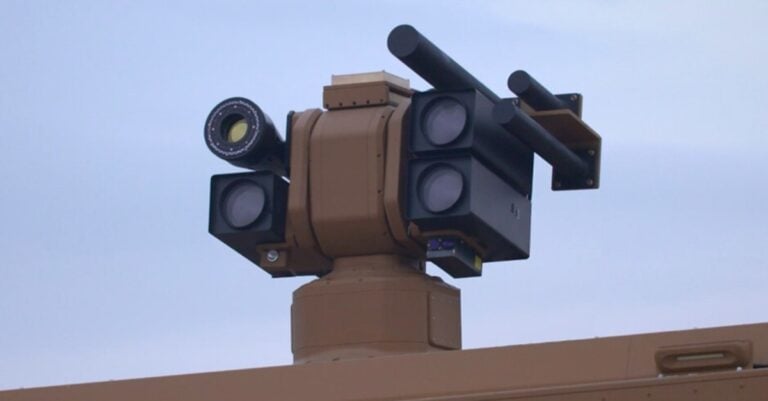ISLAMABAD – Uber will not be launching flying cars in Pakistan soon, AFP Pakistan has reported quoting Uber Regional manager for Middle East and Africa.
Earlier it was reported, According to Uber’s Regional Manager for the Middle East and Africa Anthony Le Roux, the company is considering choosing Pakistan as a potential market for flying cars, says a report in local newspaper Tribune who had also quoted the Uber Regional Manager.
It was reported that Uber is working at making flying cars that use vertical take-off and landing technology, i.e. these vehicles won’t even need a long runway to get up in the air. It certainly seems like something straight out of The Jetsons.
That’s not the only thing Uber is investing its R&D in. It is also working on driverless cars that can make use of complex radars, algorithms, and technology that can safely transport passengers from point A to B.
Le Roux, while talking to a local media publication here, said that: “In the relative time Uber would take to launch driverless cars around the world, it was more likely, we can see flying cars much sooner in Pakistan than the complicated driverless cars.”
Why choose Pakistan for testing out flying cars? Le Roux mentions that Pakistan has rapidly accepted the services that the company has offered ever since it launched here. With 8 major Pakistani cities covered, Uber is bullish about its prospects here. The company is also going to launch its food delivery service in Pakistan soon – Uber Eats.
When asked about specifics regarding how successful the company has become in Pakistan, Uber’s management states that currently there are over 30,000 drivers in Pakistan who are using the ride-sharing app and offering their services.
Despite the issues that Uber has suffered last year in some of its international markets, Le Roux says that its Pakistani arm has not been negatively affected. This is due to the fact that Pakistan presents a relatively new market for the company. The real impact was seen in those markets where we had our presence for a much longer time. Here, people are still focused on getting cost-efficient products.






